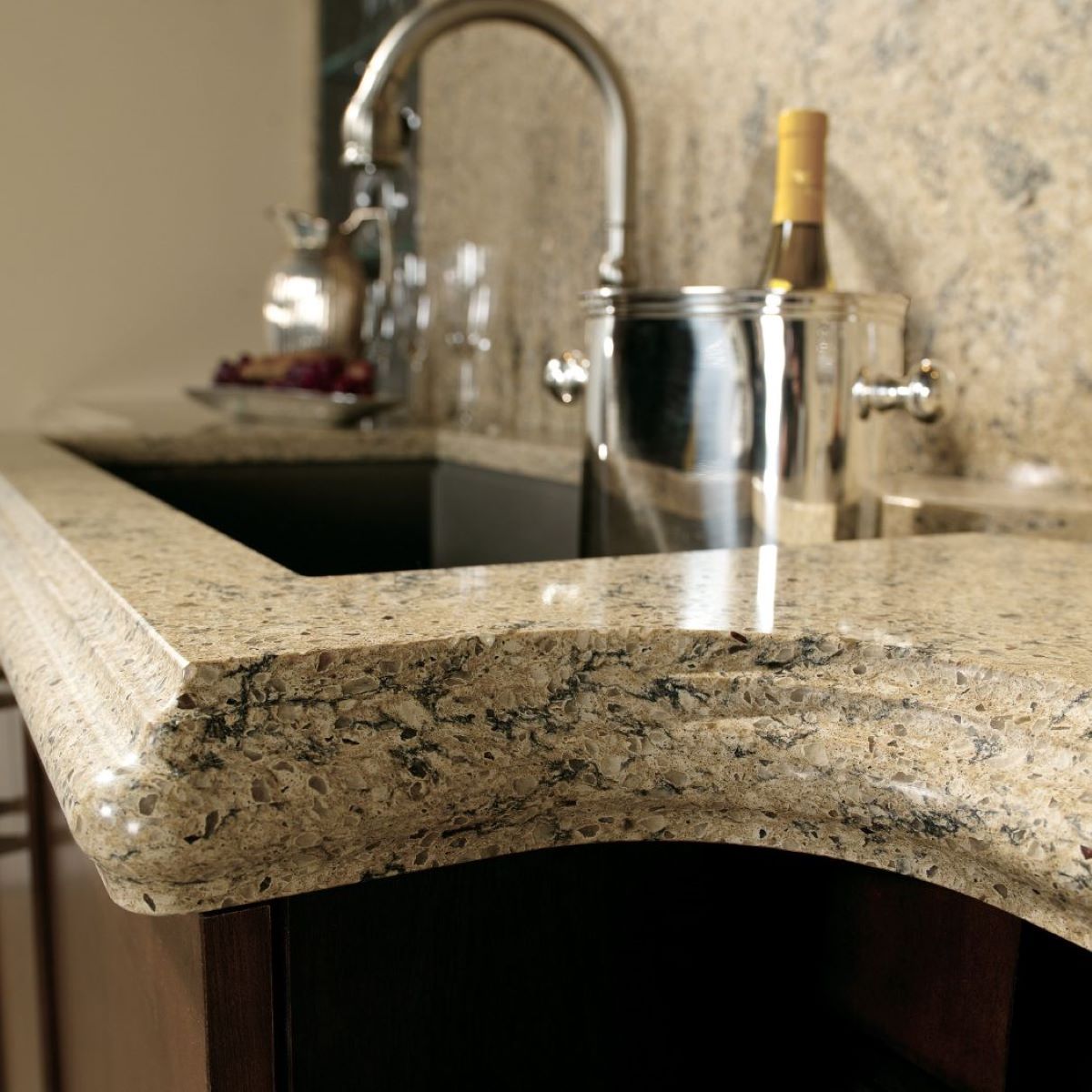

Articles
How Thick Are Granite Countertops
Modified: October 20, 2024
Discover the ideal thickness of granite countertops in our comprehensive articles. Find all the information you need for your kitchen renovation project.
(Many of the links in this article redirect to a specific reviewed product. Your purchase of these products through affiliate links helps to generate commission for Storables.com, at no extra cost. Learn more)
Introduction
Granite countertops are a popular choice for homeowners looking to add elegance and durability to their kitchens and bathrooms. The timeless beauty and natural strength of granite make it a sought-after material for countertops. When considering granite countertops, one important factor to consider is the thickness of the slabs. The thickness of granite countertops can vary, and this choice can have both aesthetic and functional implications. In this article, we will explore the various factors that affect the thickness of granite countertops, the standard thickness options available, and the pros and cons of choosing thick granite countertops.
Before diving into the thickness options, it is crucial to understand the composition of granite. Granite is a natural stone formed from the cooling and solidification of molten magma deep within the earth’s crust. It is primarily composed of quartz, feldspar, and mica. This unique combination of minerals gives granite its distinct veining and color variations.
Now, let’s delve into the factors that can influence the thickness of granite countertops. One of the primary factors is personal preference. Some homeowners prefer the sleek and streamlined look of thinner countertops, while others appreciate the substantial presence and visual impact of thicker slabs. The style and design aesthetic of the space can also play a role in determining the desired thickness.
Another important consideration is the structural integrity of the countertops. Thicker slabs of granite provide more stability and durability, especially in high-traffic areas or kitchens where heavy objects are frequently placed on the counters. Thicker options can also resist the potential for chipping or cracking better than their thinner counterparts.
Standard thickness options for granite countertops typically range from 2 centimeters (3/4 inch) to 3 centimeters (1 1/4 inches). Thicker options, such as 4 centimeters (1 1/2 inches) or even 6 centimeters (2 3/8 inches), are also available for those seeking a more substantial look. It is essential to consider the weight and support required for thicker slabs during the installation process.
When considering custom thickness, the range of choices expands beyond the standard options. Some homeowners may desire a particularly thin or thick countertop depending on their specific needs and preferences. Custom fabricators can create countertops to specifications, allowing for more flexibility in choosing the desired thickness.
Now, let’s explore the pros and cons of opting for thick granite countertops. On the plus side, thicker slabs provide a sense of luxury and grandeur. They can be a striking focal point in any kitchen or bathroom, exuding a high-end feel. Thicker granite can also be more forgiving when it comes to hiding seams, giving a more seamless appearance.
However, there are also some factors to consider when choosing thick granite countertops. Firstly, the weight of thicker slabs can pose challenges during installation. Additional structural support may be necessary to ensure proper stability. Secondly, thicker countertops can be more expensive due to the increased material and fabrication cost. Lastly, if customization is required, it may be more difficult to source slabs with unconventional thicknesses.
Installation and maintenance considerations should not be overlooked when selecting the thickness of granite countertops. Thicker slabs may require professional installation due to their weight and complexity. It is crucial to consult with experts during the design and installation process to ensure safety and longevity.
In terms of maintenance, the thickness of granite does not significantly affect the care required. Regardless of thickness, granite countertops should be diligently cleaned and sealed to maintain their beauty and protect against damage. Regular sealing can help prevent staining and ensure the longevity of the countertops.
To summarize, the thickness of granite countertops is an essential consideration when selecting this natural stone for your home. By understanding the composition of granite, the factors influencing thickness choices, and the pros and cons of thick slabs, you can make an informed decision that aligns with your style, durability, and budget preferences. Consult with industry professionals to ensure proper installation and maintenance for the long-lasting beauty of your granite countertops.
Key Takeaways:
- Thicker granite countertops offer a luxurious appearance, enhanced durability, and better seam hiding capabilities, but may come with challenges related to weight, installation requirements, increased cost, and customization limitations.
- Proper installation and regular maintenance are crucial for the longevity and performance of granite countertops, regardless of their thickness. Professional installation, solid substrate preparation, leveling and alignment, as well as routine cleaning and sealing, are necessary for optimal results.
Read more: How To Restore Granite Countertops
Composition of Granite
Granite is a type of igneous rock that forms from the slow cooling and solidification of molten magma deep within the Earth’s crust. It is primarily composed of three main minerals: quartz, feldspar, and mica.
Quartz is the most abundant mineral in granite and gives the rock its hardness and durability. It is a crystalline form of silicon dioxide and typically appears as clear or translucent crystals within the granite. Quartz also adds to the aesthetic appeal of granite, as it can come in a variety of colors, ranging from white and gray to pink, yellow, or even green.
Feldspar is another significant component of granite and is responsible for its unique patterns and colors. Two common types of feldspar found in granite are orthoclase feldspar and plagioclase feldspar. Orthoclase feldspar typically appears as creamy white, pink, or salmon-colored crystals, while plagioclase feldspar ranges from white to gray or even black. The proportions of these feldspars can vary, giving each granite slab its distinct appearance.
Mica is a mineral that contributes to the shimmering and reflective properties of granite. It is responsible for the sparkles or flecks of light that can be seen in some types of granite. Mica is formed in layers and is composed of aluminum, potassium, and magnesium. It can appear in various colors, including silver, brown, or black.
In addition to these three main minerals, granite can also contain other accessory minerals, such as amphiboles, pyroxenes, and biotite. These minerals can add to the diversity in color and pattern found in different types of granite. While the majority of granite is composed of these minerals, the exact composition can vary depending on the specific rock formation and location.
The composition of granite plays a crucial role in its durability and performance as a countertop material. The high quartz content makes granite one of the hardest natural stones, making it resistant to scratching, heat, and staining. It is also highly resistant to bacteria and other microbes, making it a hygienic choice for countertops in kitchens and bathrooms.
Furthermore, the unique combination of minerals in granite gives it its beautiful and timeless appearance. The variation in colors and patterns adds depth and visual interest to any space, making granite a popular choice for both modern and traditional designs.
When selecting granite for countertops, it is important to consider the composition and characteristics of the specific slab. By understanding the minerals that make up granite and their properties, homeowners can choose a slab that fits their desired aesthetic, functionality, and durability needs.
Factors Affecting Thickness
When it comes to choosing the thickness of granite countertops, several factors come into play. These factors can influence both the aesthetic appeal and the structural integrity of the countertops. Understanding these considerations is crucial in making an informed decision. Here are the key factors that can affect the thickness of granite countertops:
- Personal Preference: One of the primary factors in determining the thickness of granite countertops is personal preference. Some homeowners prefer the sleek and streamlined look of thinner slabs, while others appreciate the substantial presence and visual impact of thicker countertops. The desired style and design aesthetic of the space can play a significant role in the decision-making process.
- Functionality and Durability: Another essential consideration is the functionality and durability of the countertops. Thicker slabs of granite are generally more structurally sound and durable than thinner ones. They can withstand the regular wear and tear of daily use, as well as resist the potential for chipping or cracking. Thicker countertops are particularly beneficial in high-traffic areas or kitchens where heavy objects are frequently placed on the counters.
- Support and Installation: The thickness of granite countertops can also impact the support and installation requirements. Thicker slabs are heavier, which means that additional support may be necessary during the installation process. The underlying cabinetry and countertop support system must be capable of handling the weight of the countertops. Professional installation is often recommended for thicker slabs to ensure proper support and stability.
- Cost Considerations: Cost is another factor to take into account when considering the thickness of granite countertops. Thicker slabs require more raw material and additional fabrication work, which can increase the overall cost of the countertops. Thinner slabs, on the other hand, may be more cost-effective due to the reduced material and fabrication requirements. It’s important to consider your budget and weigh it against your desired thickness and preferences.
- Seam Visibility: The visibility of seams is another aspect affected by the thickness of granite countertops. Thicker slabs can be more forgiving when it comes to hiding seams, resulting in a more seamless appearance. Thinner slabs may require more careful planning and precise installation to minimize the visibility of seams. If seam visibility is a concern, opting for a slightly thicker slab may be advantageous.
It is worth noting that there is a range of standard thickness options available for granite countertops. The most common range is from 2 centimeters (3/4 inch) to 3 centimeters (1 1/4 inches). Thicker options, such as 4 centimeters (1 1/2 inches) or even 6 centimeters (2 3/8 inches), are also available for those seeking a more substantial and dramatic look. Custom thicknesses can also be achieved by working with fabricators who can create countertops to specific specifications.
Ultimately, the decision regarding the thickness of granite countertops depends on a combination of personal preference, functionality, budget, and design considerations. By carefully considering these factors and consulting with industry professionals, homeowners can select the optimal thickness that meets their requirements and enhances the overall beauty and functionality of their space.
Standard Thickness Options
When it comes to choosing the thickness of granite countertops, there are standard options that are commonly available. These standard thicknesses are widely used in the industry and offer a balance between durability, aesthetics, and ease of installation. Here are the typical standard thickness options for granite countertops:
- 2 centimeters (3/4 inch): This is the thinnest standard thickness option for granite countertops. While it may not provide the same level of structural integrity as thicker slabs, 2 centimeters countertops are a popular choice for those seeking a sleek and modern look. They are lighter in weight, making installation easier and more cost-effective. However, it is essential to note that additional support may be required for larger or overhanging areas.
- 3 centimeters (1 1/4 inches): This is the most common and widely used standard thickness for granite countertops. 3 centimeters slabs provide a good balance of durability and affordability. They offer excellent strength and resistance to chipping or cracking. 3 centimeters countertops are suitable for most residential applications and can withstand the demands of daily use. They are slightly heavier and may require proper support during installation.
- 4 centimeters (1 1/2 inches): Thicker than the standard 3 centimeters option, 4 centimeters granite countertops provide a more substantial and impactful appearance. These thicker slabs offer enhanced durability and stability, making them an excellent choice for high-traffic areas or kitchens where objects are frequently placed on the countertops. However, it is essential to consider the weight of these slabs and ensure proper support during installation.
- 6 centimeters (2 3/8 inches): For those seeking an even more substantial and dramatic look, 6 centimeters granite countertops are available as a specialty option. These ultra-thick slabs make a bold design statement and exude a sense of luxury. They offer unparalleled strength and durability. However, it is important to note that the weight of these slabs can pose installation challenges and may require additional structural support.
It’s worth mentioning that the availability of specific thickness options may vary depending on the granite supplier or fabricator. While 2 centimeters and 3 centimeters are generally more readily available, thicker options like 4 centimeters or 6 centimeters may require special ordering or customization at certain locations.
When deciding on the thickness of your granite countertops, it is essential to consider various factors such as personal preference, design aesthetics, functionality, and budget. Thicker slabs provide a more substantial and durable look but may be heavier and more expensive. Thinner slabs offer a sleek and modern appearance but may require additional support for larger areas. Consulting with experts in the industry can help you determine the most appropriate thickness for your specific needs.
Ultimately, the choice of standard thickness for granite countertops should align with your desired style, functionality, and budget while ensuring the structural integrity and durability of the countertops in the long run.
Custom Thickness Considerations
While standard thickness options for granite countertops are commonly used and readily available, some homeowners may have specific preferences or requirements that go beyond these standard choices. This is where custom thickness comes into play. Custom thickness allows homeowners to have more flexibility and control over the thickness of their granite countertops. Here are some considerations when opting for custom thickness:
- Design Flexibility: Custom thickness opens up a world of design possibilities. Instead of being limited to the standard thicknesses, homeowners can choose a thickness that perfectly matches their vision for the space. This allows for greater design flexibility and the ability to create a truly unique and personalized countertop.
- Aesthetic Appeal: Custom thickness can have a significant impact on the overall aesthetic of the countertops. Thicker slabs can create a more substantial and luxurious look, while thinner slabs can lend a sleek and contemporary feel. By customizing the thickness, homeowners can achieve their desired aesthetic and create a focal point that aligns with their style preferences.
- Functionality and Durability: Custom thickness allows homeowners to tailor the countertops to their specific functionality and durability needs. Thicker slabs can provide additional strength and support, making them suitable for heavy usage or areas where objects are frequently placed on the countertops. Thinner slabs can still be durable, but they may require more care and attention to avoid potential issues.
- Seam Placement: With custom thickness, homeowners have more control over the placement of seams on the countertops. Thicker slabs can provide better seam hiding capabilities and a more seamless appearance. By strategically planning seam placement, homeowners can create a countertop that looks visually appealing and cohesive.
- Sourcing and Fabrication: It’s important to note that custom thickness may require more extensive sourcing and fabrication efforts. Not all granite suppliers or fabricators may be equipped to handle custom thickness requests. Homeowners should work with experienced professionals who specialize in custom granite fabrication to ensure the desired thickness can be achieved without compromising quality or structural integrity.
When considering custom thickness for granite countertops, it is crucial to consult with industry experts and fabricators who can provide guidance and expertise. They can assess the feasibility of the desired thickness, taking into account factors such as slab availability, compatibility with the chosen granite, and the installation process. Working closely with professionals is essential to ensure that the custom thickness meets all requirements for durability, functionality, and aesthetics.
It’s also worth noting that custom thickness options may incur additional costs compared to standard thicknesses. The customization process involves additional material and fabricating efforts, which can impact the overall budget. It’s important for homeowners to consider their budget and weigh it against their desire for custom thickness.
In summary, custom thickness offers homeowners the opportunity to create countertops that perfectly match their design and functionality needs. By considering the design flexibility, aesthetic appeal, functionality, seam placement, and sourcing/fabrication aspects, homeowners can make informed decisions about custom thickness options. Collaborating with experienced professionals will ensure that the desired custom thickness can be achieved effectively and seamlessly.
Read more: How Are Granite Countertops Made
Pros and Cons of Thick Granite Countertops
When choosing the thickness of granite countertops, it is essential to consider the pros and cons of opting for thicker slabs. While thicker granite countertops offer certain advantages, they may also come with some drawbacks. Here is a closer look at the pros and cons of thick granite countertops:
Pros:
- Luxurious Appearance: Thick granite countertops provide a sense of luxury and grandeur to any space. The substantial presence and visual impact of thick slabs make them a striking focal point in kitchens and bathrooms. They exude a high-end and sophisticated feel, adding a touch of elegance to the overall design aesthetic.
- Enhanced Durability: Thicker granite slabs offer increased structural integrity and durability. They can withstand the regular wear and tear of daily use, making them a reliable choice for busy kitchens or areas where the countertops are subjected to heavy objects and frequent use. Thicker slabs are less likely to chip or crack compared to their thinner counterparts, ensuring the longevity of the countertops.
- Seam Hiding: Thicker granite countertops are better at hiding seams. The additional thickness allows for better blending and disguising of the seams, resulting in a more seamless appearance. This is particularly beneficial for larger countertops, as the seams can be less noticeable, providing a more polished and cohesive look.
Cons:
- Weight and Installation Challenges: Thicker granite countertops are heavier, which can present challenges during installation. The added weight may require additional structural support to ensure the countertops are properly installed and securely anchored. Homeowners should consult with professionals to determine the necessary support and installation requirements for thicker slabs.
- Increased Cost: Thicker granite countertops typically cost more than thinner ones. The additional material and fabrication required for thicker slabs contribute to the increased cost. Homeowners should consider their budget and factor in the potential price difference when opting for thicker granite countertops.
- Customization Challenges: While standard thickness options are widely available, finding slabs with unconventional thicknesses may be more challenging. Customizing the thickness of granite countertops can limit the options and availability of desired slabs. Homeowners seeking unique or non-standard thicknesses may need to work closely with fabricators to source the appropriate materials and achieve the desired thickness.
Ultimately, the decision to choose thick granite countertops depends on personal preferences, design goals, and budget considerations. The luxurious appearance, enhanced durability, and seam hiding capabilities are notable advantages of opting for thicker slabs. However, it’s important to weigh the potential challenges associated with weight, installation, increased costs, and customization limitations.
Consulting with industry professionals will provide valuable insights and guidance in determining the most suitable thickness for your specific needs. They can offer expertise on installation requirements, fabrication capabilities, and pricing, helping you make an informed decision that strikes the right balance between aesthetics and practicality.
Granite countertops are typically 1.25 inches thick, but can also be found in 0.75 inch and 1.5 inch thicknesses. Thicker countertops are more durable and can withstand heavier use.
Installation and Maintenance Considerations
Proper installation and regular maintenance are crucial for the longevity and performance of granite countertops, regardless of their thickness. Here are some important considerations to keep in mind when it comes to installation and maintenance:
Read more: What Are Granite Countertops
Installation:
- Professional Installation: Installing granite countertops, especially thicker slabs, can be complex and requires expertise. It is recommended to hire professionals who specialize in granite countertop installation to ensure optimal results. They have the necessary knowledge, tools, and experience to handle the weight, ensure proper leveling, and provide adequate support for thicker slabs.
- Solid Substrate: Proper installation begins with a solid and level substrate. The underlying cabinetry and support structure should be sturdy enough to bear the weight of the countertops. It is essential to ensure that the substrate is properly prepared and reinforced to prevent sagging or damage over time.
- Sealing and Adhesive: During installation, professionals will apply a high-quality adhesive to securely bond the granite slabs to the substrate. Additionally, the seams between the slabs will be carefully sealed to prevent moisture or debris from penetrating the countertop. These measures help enhance the structural integrity and protect against potential issues.
- Leveling and Alignment: A key aspect of installation is ensuring that the countertops are properly leveled and aligned. This ensures that the surface is even and seamless, eliminating any unevenness or gaps that may compromise the functionality and appearance of the countertops. Proper leveling is especially important with thicker slabs to provide a solid and stable surface.
Maintenance:
- Regular Cleaning: Routine maintenance involves regular cleaning to keep the granite countertops looking their best. Use a mild soap or granite cleaner and a soft cloth or sponge to wipe away spills, stains, and dirt. Avoid abrasive cleaning agents or rough scrubbing materials that can damage the surface.
- Sealing: Granite countertops, regardless of their thickness, should be sealed periodically to protect against staining and moisture absorption. The frequency of sealing depends on the specific type of granite and the manufacturer’s recommendations. This protective layer helps maintain the natural beauty of the granite and makes it easier to clean and maintain.
- Avoid Harsh Chemicals and Heat: To preserve the appearance and durability of granite countertops, it is essential to avoid harsh chemicals, acidic substances, and excessive heat. Clean up spills promptly to prevent staining, and use trivets or hot pads under hot cookware to prevent damage from heat exposure.
- Preventing Scratches: While granite is highly resistant to scratches, using cutting boards and avoiding the use of sharp objects directly on the surface can help prevent any potential damage. Although thicker slabs may offer increased durability, it is still important to practice caution and protect the surface from sharp utensils or abrasive materials.
By following proper installation techniques and practicing routine maintenance, homeowners can ensure the long-lasting beauty and functionality of their granite countertops. Consulting with professionals and adhering to manufacturer’s guidelines will provide valuable guidance on installation processes, maintenance routines, and sealant recommendations specific to the granite used.
Conclusion
Choosing the right thickness for granite countertops is an important decision that combines both aesthetic considerations and functional requirements. Understanding the factors that influence thickness choices, the standard thickness options available, and the pros and cons of thick granite countertops allows homeowners to make an informed decision that meets their specific needs and preferences.
The composition of granite, with its primary minerals of quartz, feldspar, and mica, contributes to its durability, strength, and timeless beauty. Factors such as personal preference, functionality, support and installation requirements, and budget considerations play a role in determining the optimal thickness for granite countertops.
Standard thickness options, ranging from 2 centimeters (3/4 inch) to 3 centimeters (1 1/4 inches), offer a balance between durability, aesthetics, and ease of installation. Thicker slabs, such as 4 centimeters (1 1/2 inches) or 6 centimeters (2 3/8 inches), provide a more substantial and luxurious look, while thinner slabs offer a sleek and modern design. Custom thickness options further enhance design flexibility, allowing homeowners to achieve their desired aesthetic and functionality.
Thick granite countertops offer advantages such as a luxurious appearance, enhanced durability, and better seam hiding capabilities. However, they may come with challenges related to weight, installation requirements, increased cost, and customization limitations.
Installation and maintenance considerations are crucial in ensuring the proper performance and long-term beauty of granite countertops. Professional installation, solid substrate preparation, leveling and alignment, as well as routine cleaning and sealing, are necessary for optimal results. By following proper installation techniques and practicing regular maintenance, homeowners can enjoy the timeless beauty and durability of their granite countertops.
In conclusion, choosing the thickness of granite countertops should be a thoughtful and well-informed decision. By considering factors such as personal preference, functionality, support requirements, budget, and maintenance considerations, homeowners can select the thickness that best suits their unique needs and preferences. Consulting with industry professionals and following proper installation and maintenance guidelines will help ensure the longevity and performance of granite countertops, enhancing the beauty and functionality of the space for years to come.
Frequently Asked Questions about How Thick Are Granite Countertops
Was this page helpful?
At Storables.com, we guarantee accurate and reliable information. Our content, validated by Expert Board Contributors, is crafted following stringent Editorial Policies. We're committed to providing you with well-researched, expert-backed insights for all your informational needs.
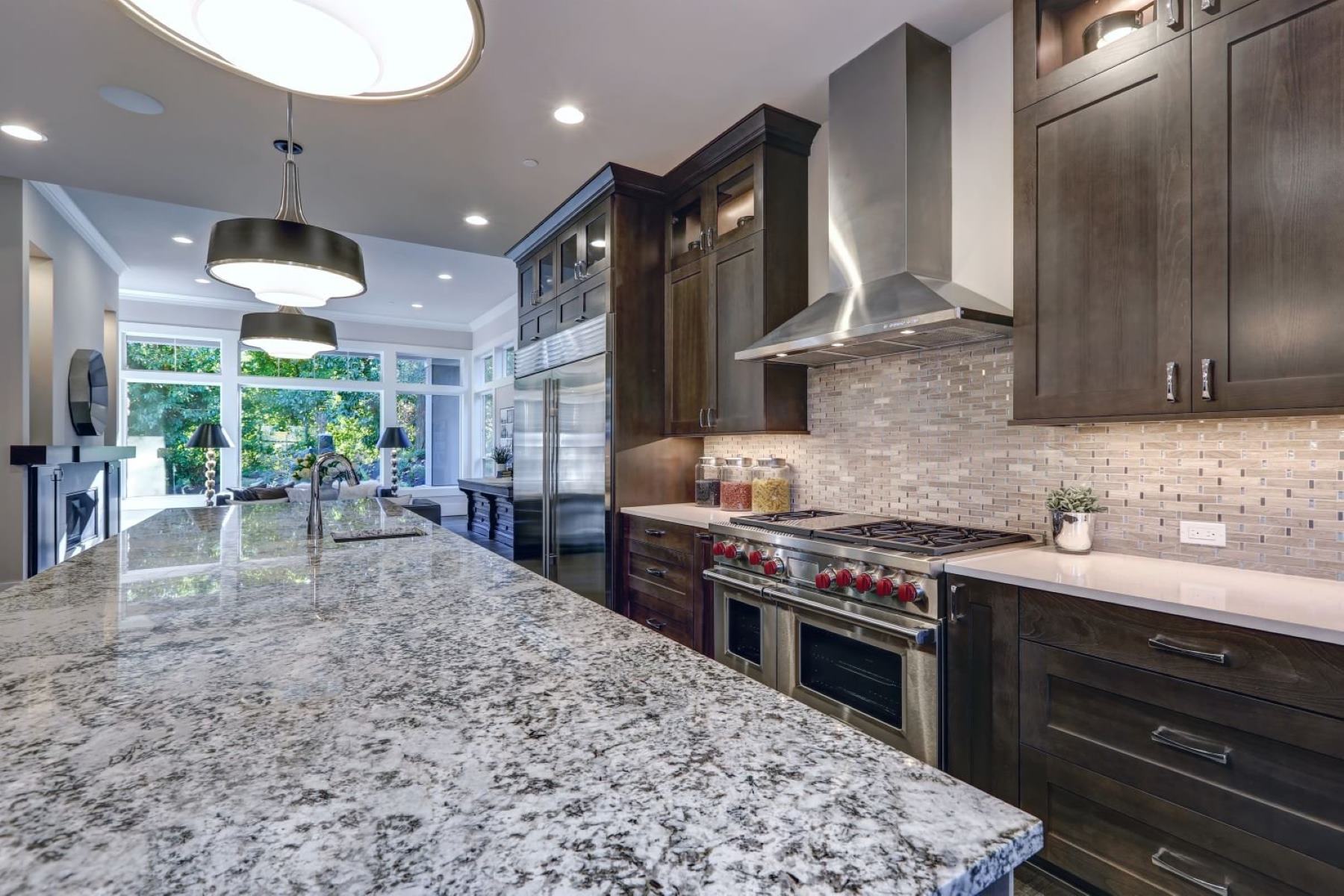

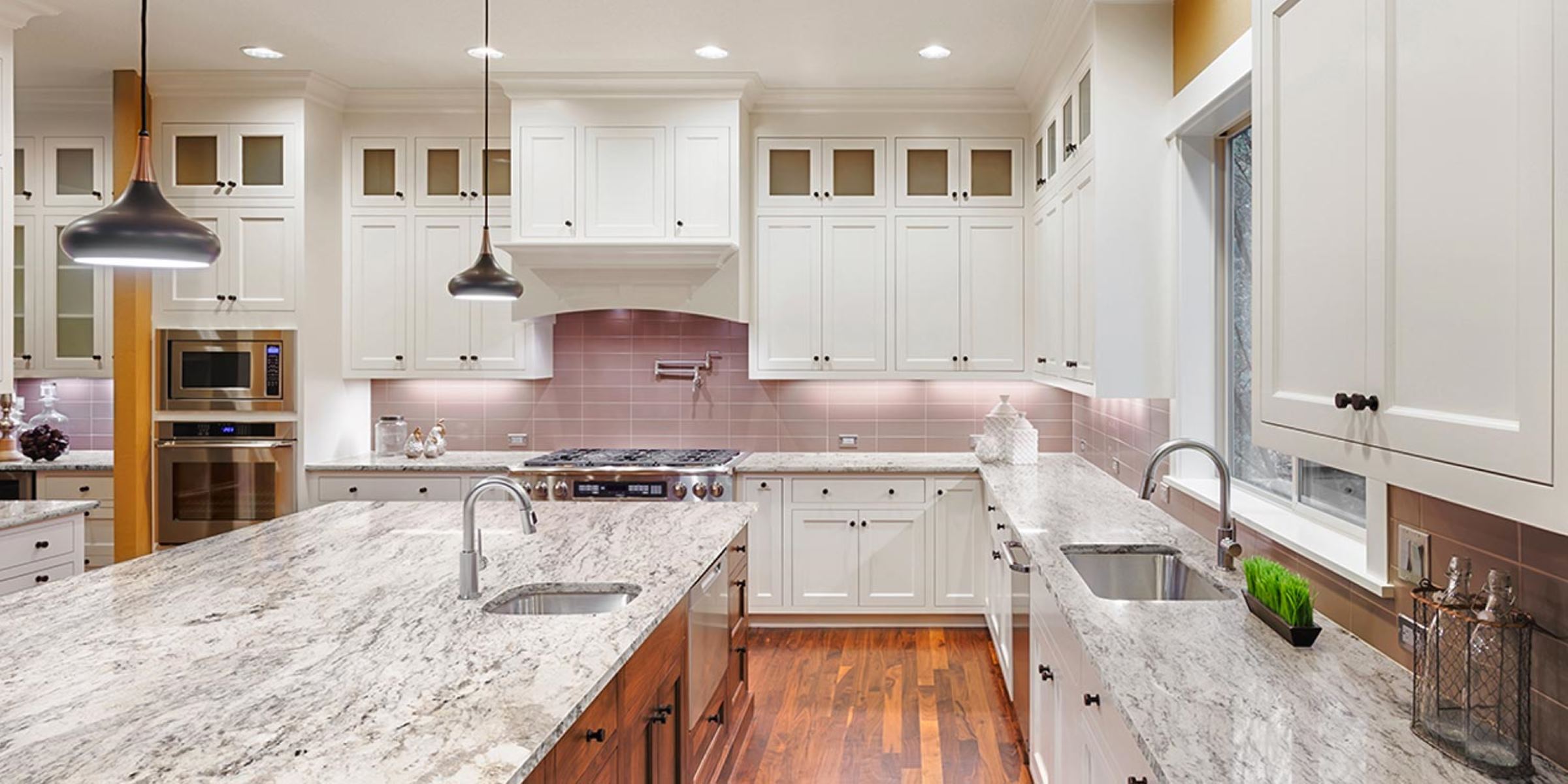
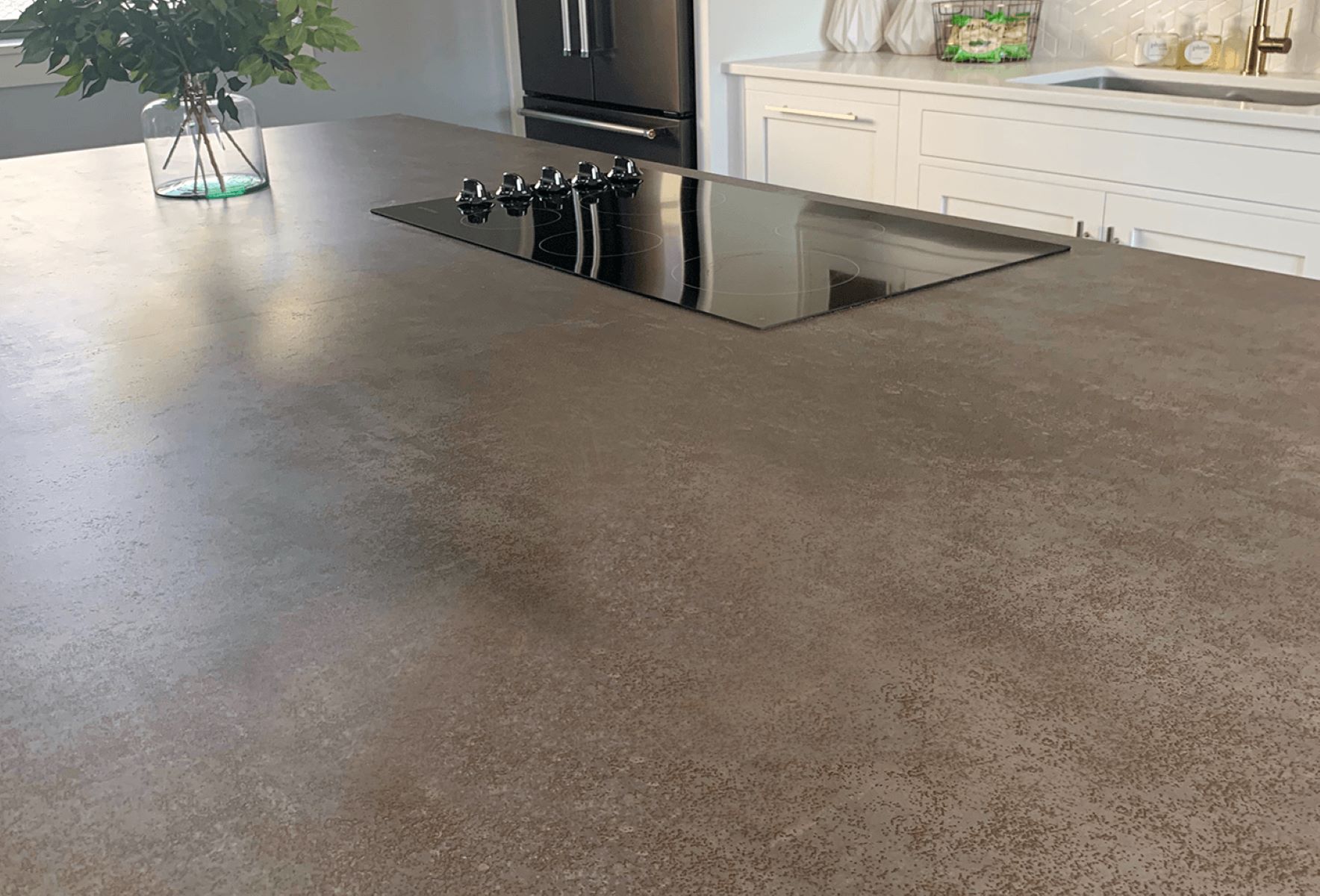
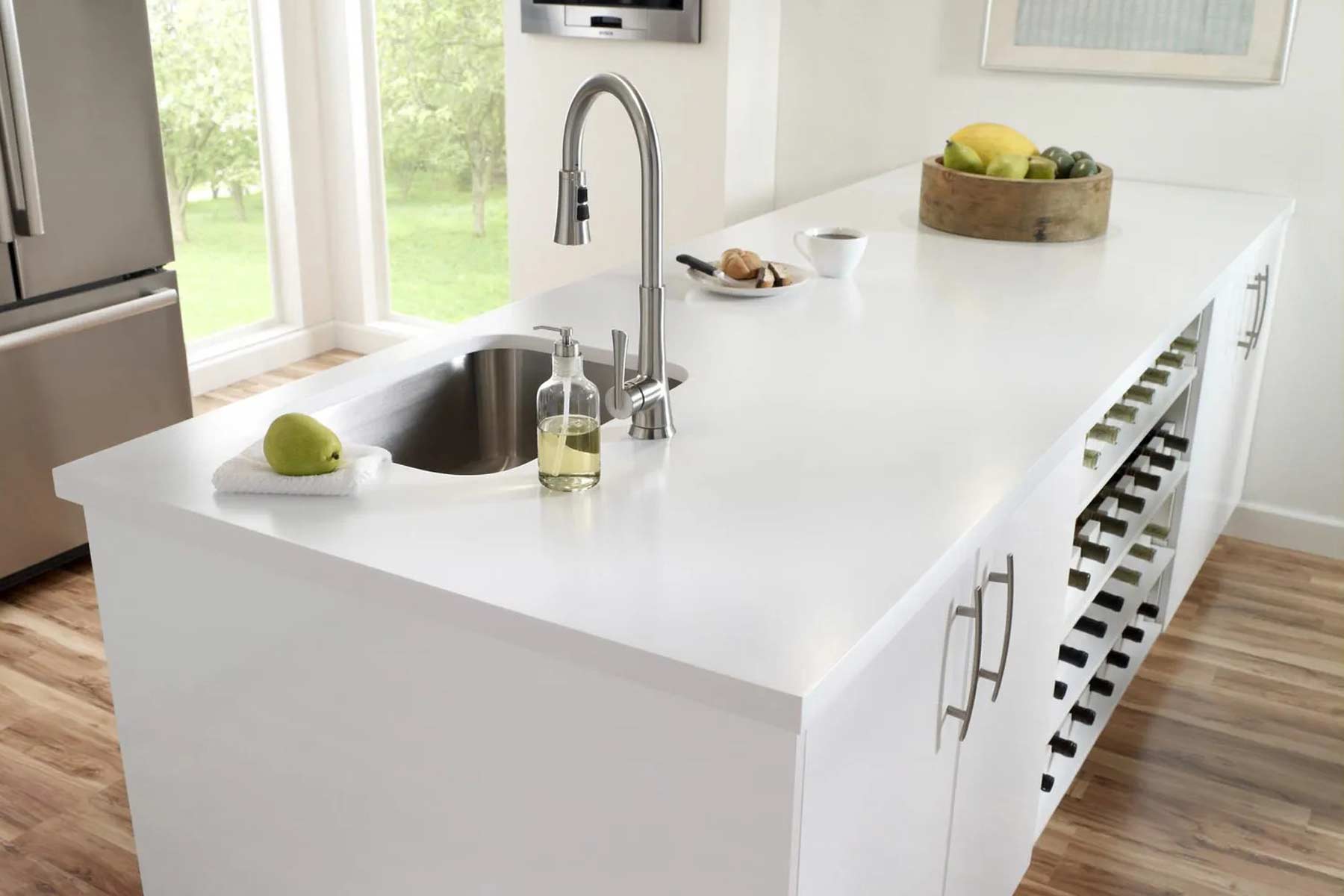
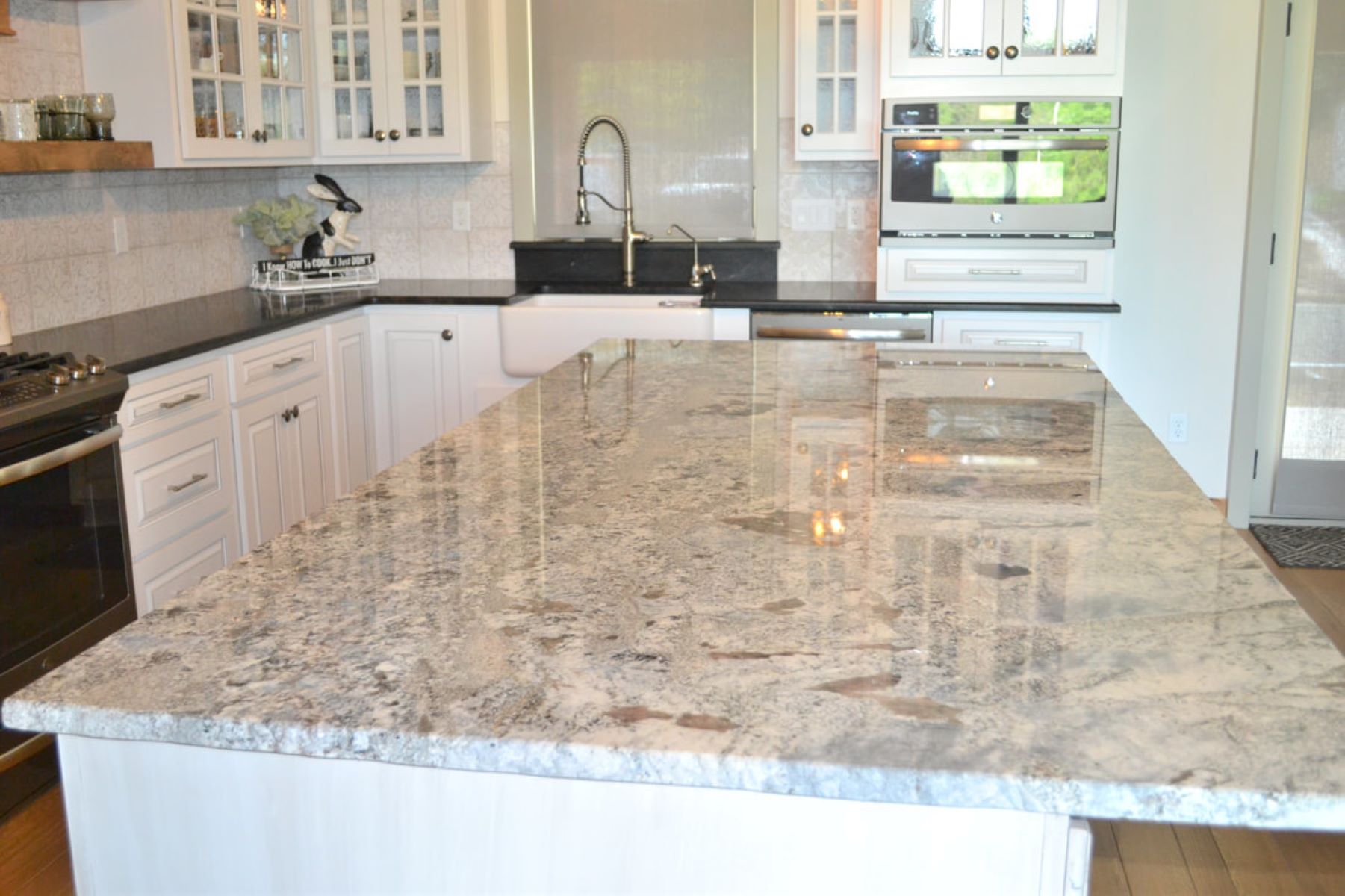
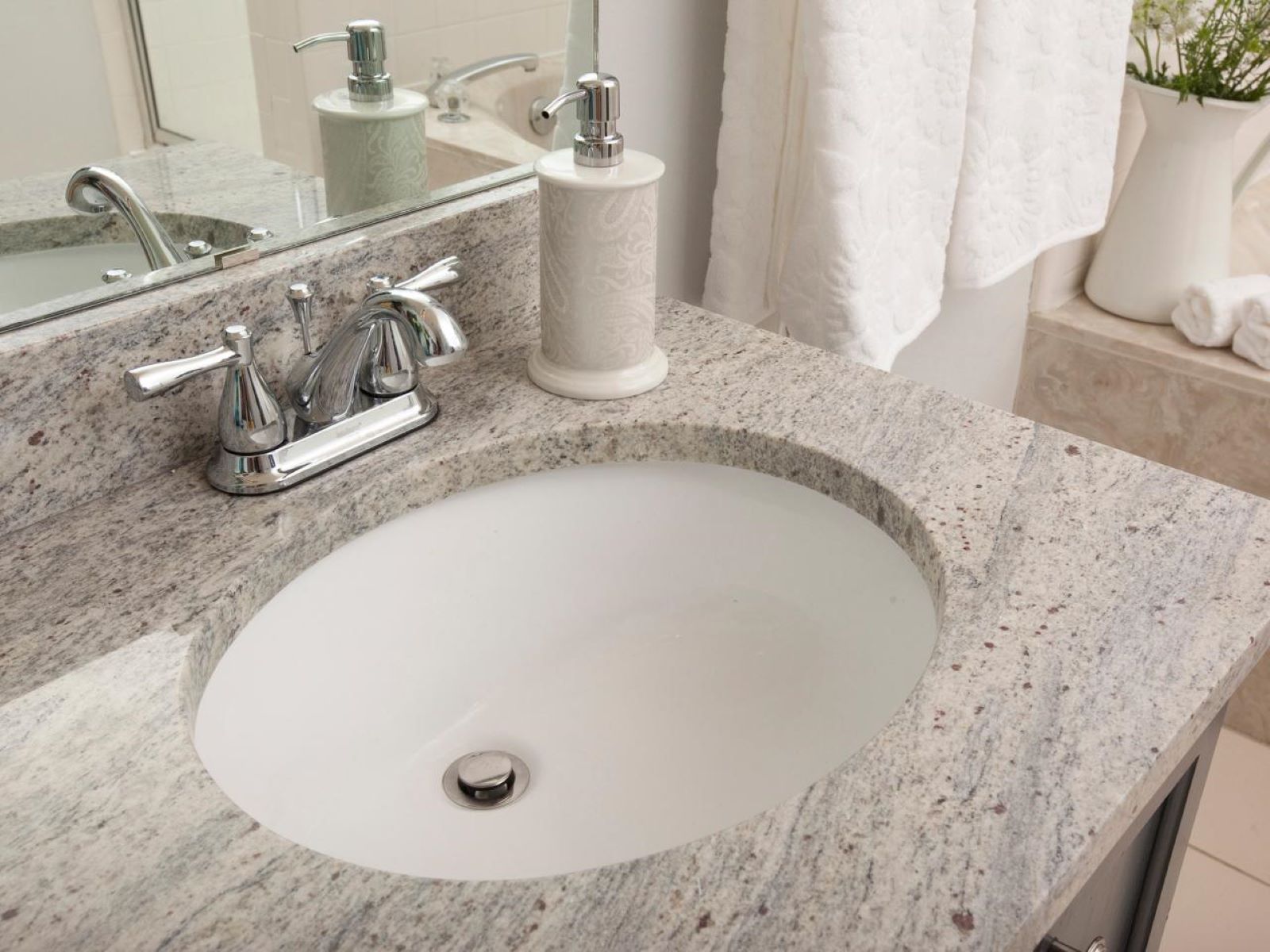
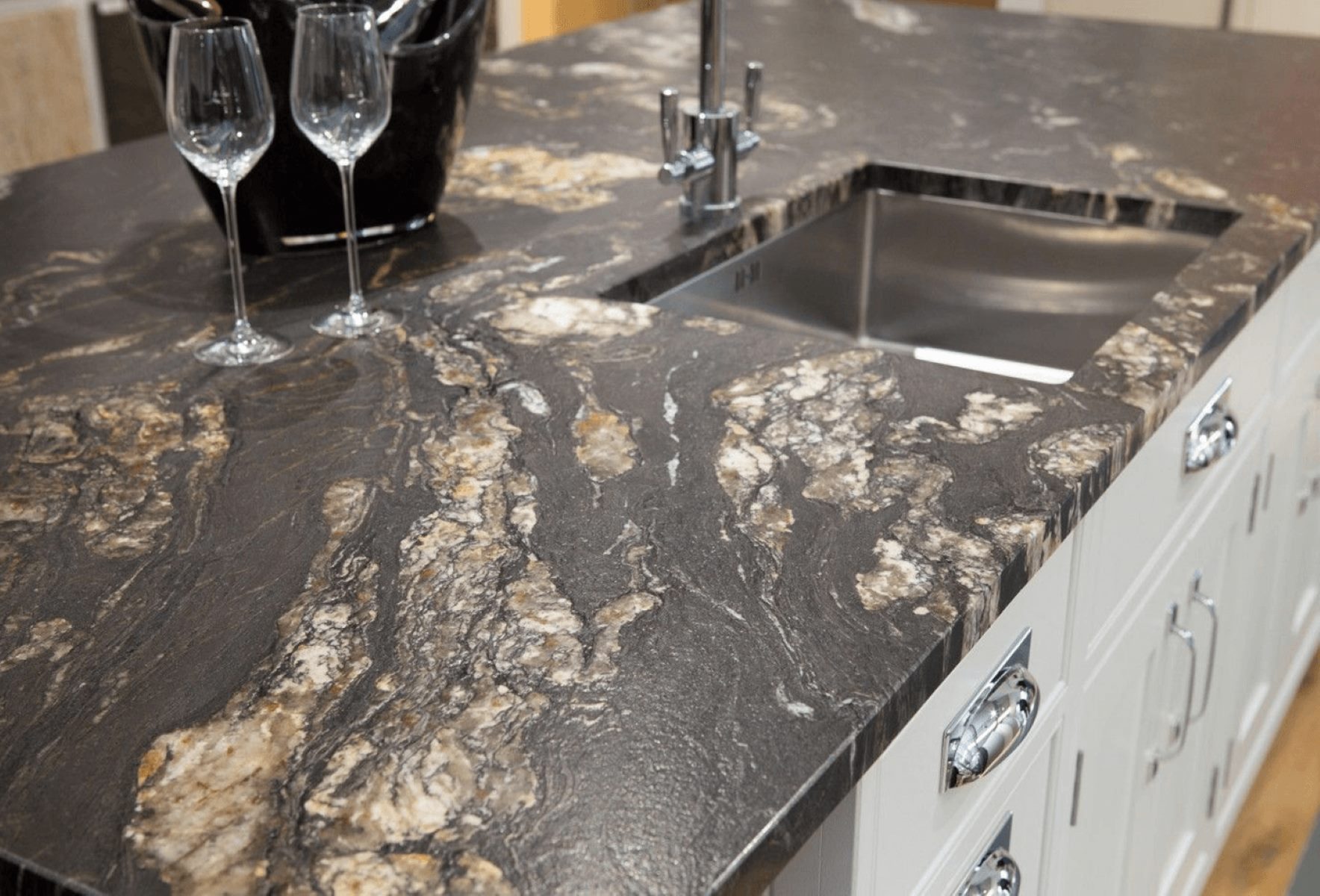
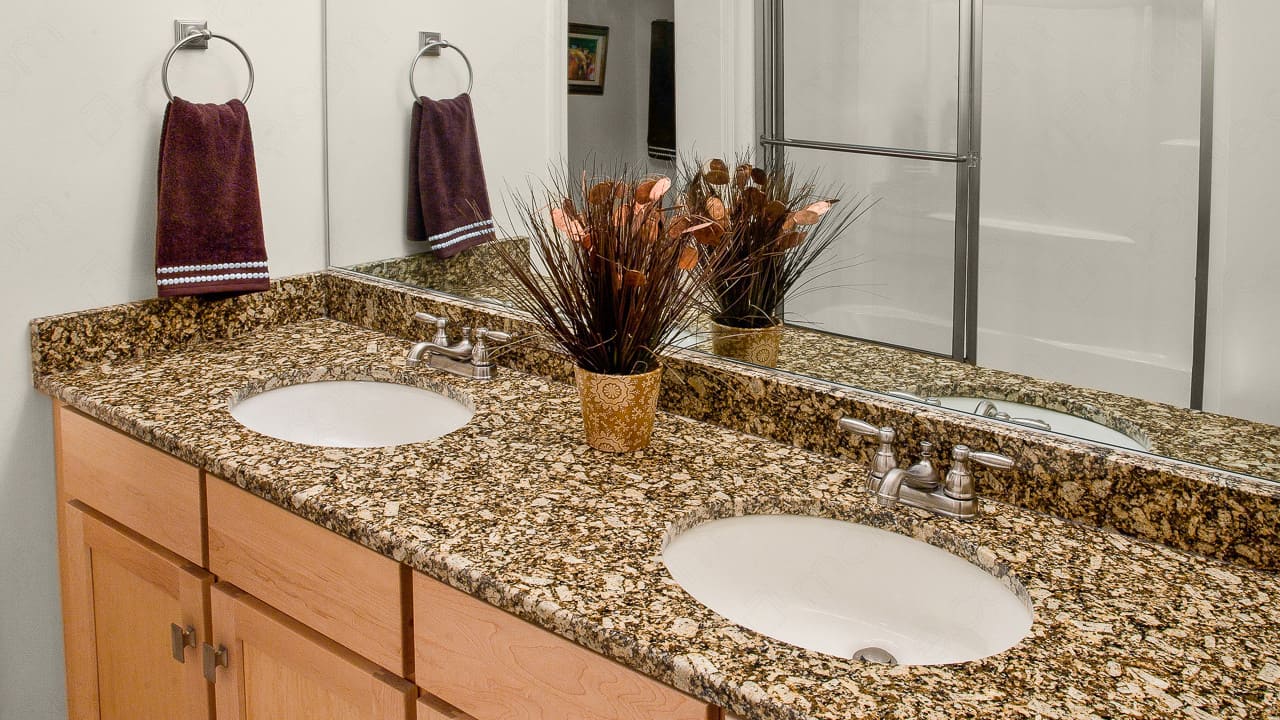
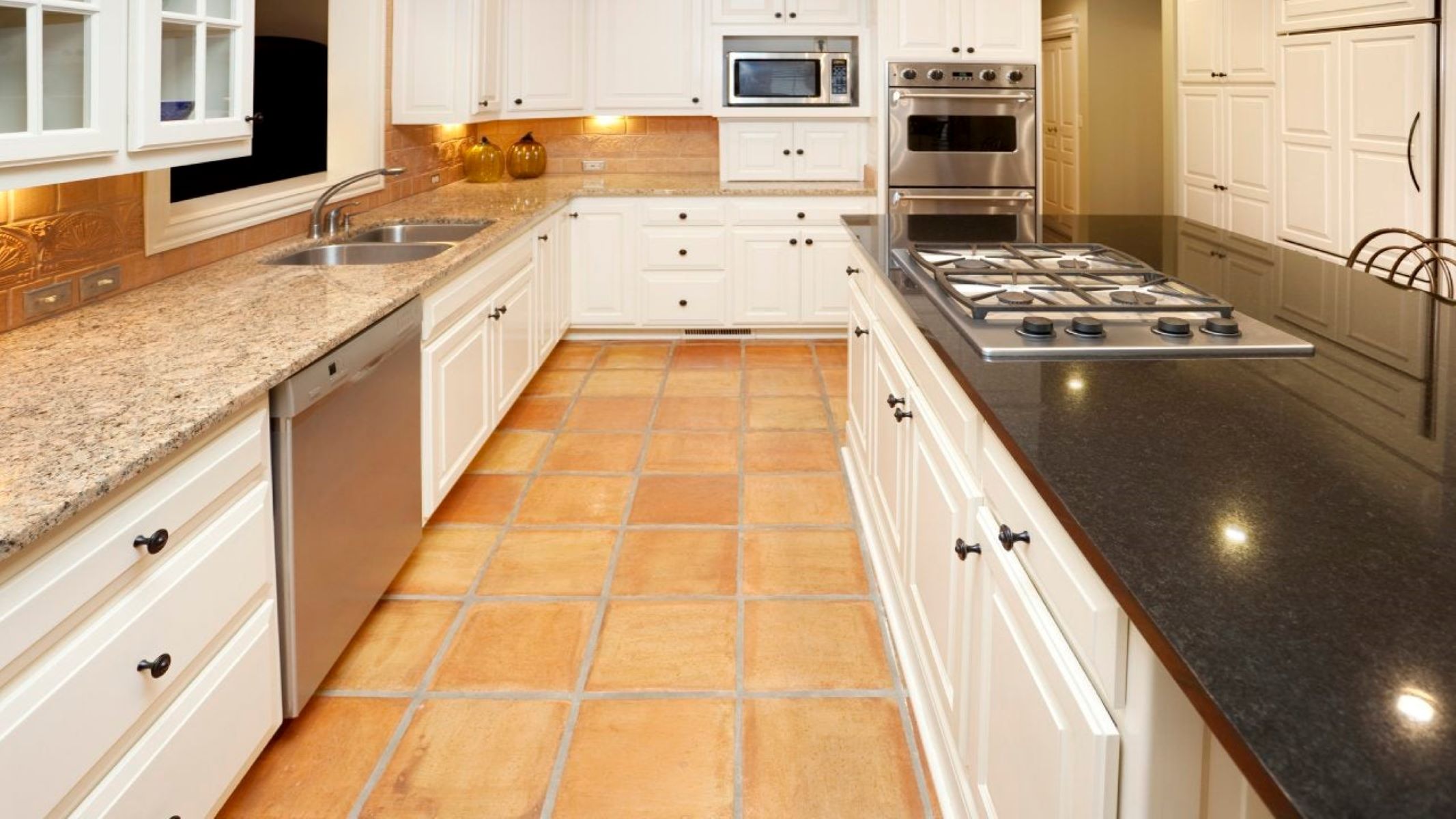
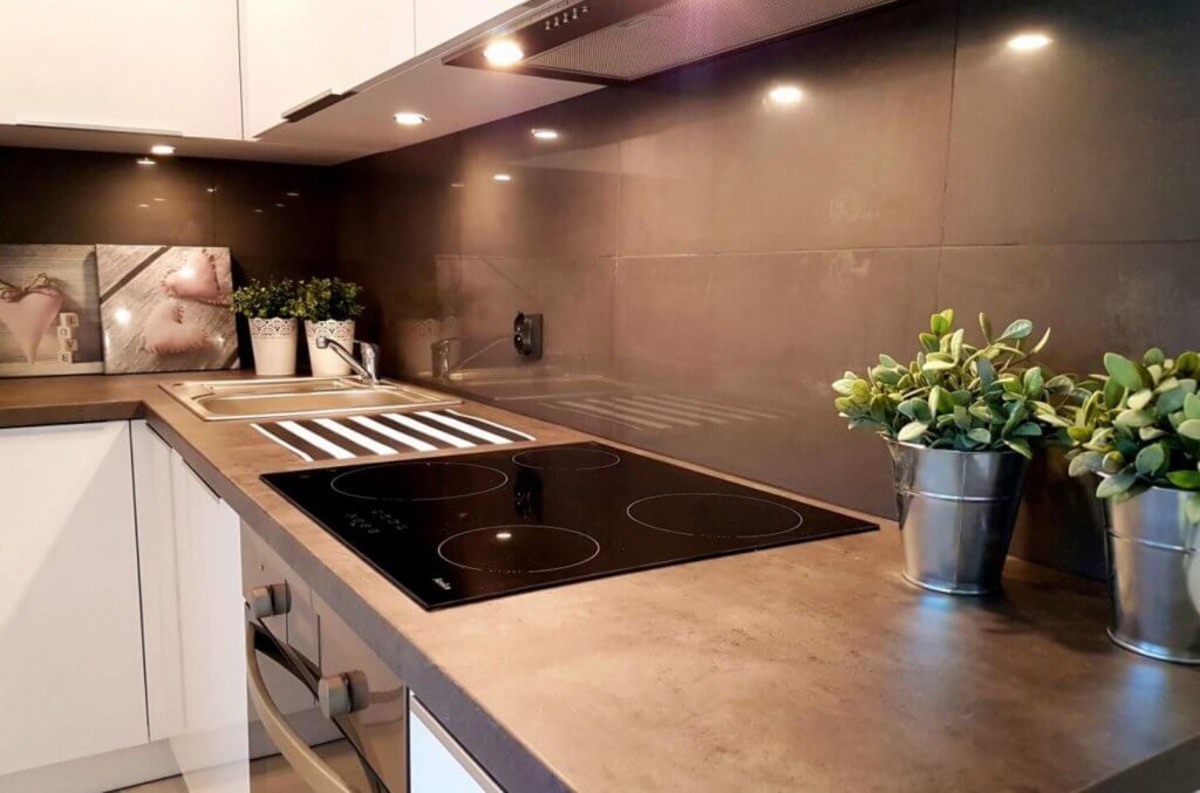



0 thoughts on “How Thick Are Granite Countertops”